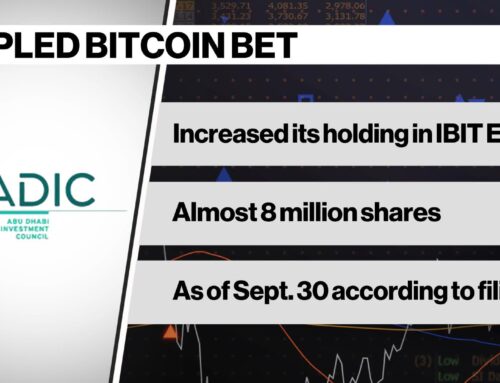Judge rules Meta can keep WhatsApp, Instagram in antitrust trial
November 18, 2025
Nov. 18 (UPI) — Facebook owner Meta can keep the WhatsApp mobile messaging app and the Instagram social media site in a federal trial first brought by the Federal Trade Commission in 2020.
Washington D.C.-based Judge James Boasberg ruled Tuesday that the FTC did not prove its claim that Meta has maintained a monopoly on social media platforms, CNBC reported.
“Whether or not Meta enjoyed monopoly power in the past, though, the agency must show that it continues to hold such power now,” Boasberg wrote.
“The court’s verdict today determines that the FTC has not done so,” he added.
Meta officials said in a statement to NPR that Boasberg’s ruling affirms that social media remains competitive.
Boasberg in 2021 dismissed the case citing a lack of evidence that Facebook held “market power” over social media.
The FTC amended and refiled its complaint in August 2021, providing more detail on user data and comparisons to competitors, including Snapchat, the discontinued Google+ social network and Myspace.
The FTC also argued Meta engaged in a “buy or bury” strategy to monopolize social media when it paid more than market value to buy Instagram in 2012 and when it bought WhatsApp in 2014, according to NPR.
The only way to resolve the alleged monopoly was to require Meta to spin off Instagram and WhatsApp as independent companies, the FTC argued.
The social media marketplace has changed greatly over the past five years since the federal agency first accused Meta of monopolizing social media, Boasberg wrote.
“While it once might have made sense to partition apps into separate markets of social networking and social media, that wall has since broken down,” Boasberg wrote.
He cited the rise of TikTok and called it “Meta’s fiercest rival,” which he called evidence of a competitive social media marketplace.
During the trial that concluded in May, Meta’s legal team argued it faced plenty of competition and only bought WhatsApp and Instagram because they are quality products that were easier to buy instead of replicating.
During the trial, Meta CEO Mark Zuckerberg testified that buying Instagram was easier than creating a new product that would compete with it.
Search
RECENT PRESS RELEASES
Related Post



